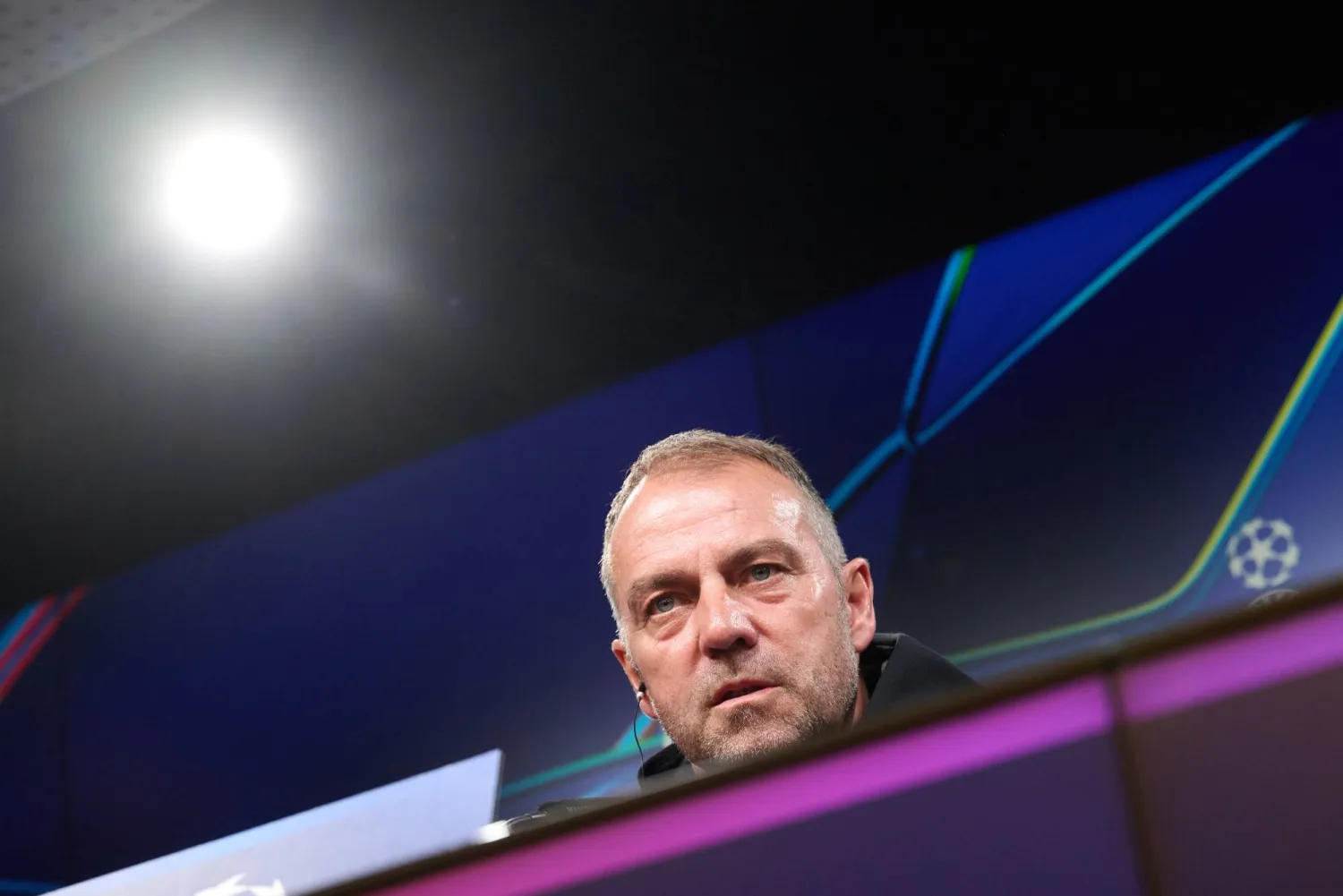The partnership between Adidas and German football has been a commercial and sporting success for both sides for decades. It is a shared history of advancement. In 1954, the country recognized itself in the national team, and in Adidas too. Back then, Adolf “Adi” Dassler was the equipment manager; his screw-in studs were innovative and gave Fritz Walter, Max Morlock and Helmut Rahn a foothold in the rain of Berne.
Later, Dassler built up a world-class company. Today, clubs such as Arsenal and Ajax regularly take up residence in a small town that doesn’t even have a railway station. The national team will also be preparing for the European Championship in Herzogenaurach. Dassler is the German version of rags to riches.
And the 3-2 victory over Hungary in the 1954 final was one of the first steps in Germany’s postwar reconstruction. Since then, three more World Cup titles have followed. Anyone who remembers 1974, 1990 and 2014 will have Adidas jerseys and balls in mind.
They thought this success story would never end. But now, after more than 70 years, the German football federation (DFB) is parting ways with Adidas. I understand the outcry about this in Germany; it’s not populism. For any German football fan over the age of 30, the DFB and Adidas are a single entity. It’s easy to imagine that it would have gone on wonderfully with the two of them.
I feel the same way. I played 113 times for Germany and for 20 years for Bayern Munich. I became a world champion in three stripes. At Bayern I was captain of a club in which Adidas owns shares. Adidas was my supplier; we were successful together.
When I was active, I was the representative of a product range that Adidas called Pure. It meant the original. These leather shoes were intended for traditionalists like me. Initially they were black, the successors were green, white or blue. I didn’t care about the color – I was uncomplicated. Pure was the successor to the Copa Mundial, the Adidas classic that a few footballers still wear today.
For 20 years now, the majority of football boots have no longer been made from leather but from synthetic materials. Their colors and shapes change frequently. And they are marketed with stars. Every country, every company, has its own representative. More often than not, they are strikers. This focus on scoring goals is not really what football as a team sport is all about. But this form of individualisation is the best way to optimise profits and achieve the greatest economies of scale. An image is sold. The shoes cost €200 (£170) or more and the production costs are estimated at 5%, at most 10%, of the price. The margins for jerseys are similarly fantastic and they are even cheaper to produce.
The rapid commercialisation of football is having an impact, especially on young players. Children covet these products. Today, unlike in my day, almost every girl and boy between the ages of five and 12 turns up for training in a football shirt of some kind. Millions of Mbappés, Ronaldos, Messis and Haalands play football on village pitches.
For a long time, Nike and Adidas fought a duel in this global market; a decade ago, they were still neck and neck. Since then, Nike has overtaken Adidas and sales are now more than twice as high. Focusing on individual testimonials can sometimes go wrong, as the case of Kanye West shows. This head start enables Nike to continue to attack boldly. It is rumored that Nike has offered the DFB at least €100m, more than twice as much as Adidas.
There is still a lot of money in circulation in football; it is instantly available everywhere on mobile devices and can be used for excellent advertising. Now, for the first time on this scale, a non-profit organisation, the DFB, is benefiting. Its mission is set out in its statutes: it represents the interests of the 24,000 or so clubs and more than seven million members.
So if the DFB uses the fresh money to support amateur clubs, children’s football, referee training and women’s football, then the decision in favor of Nike would be a good one. This would create a circular economy. After all, the whole thing is primarily financed by the fans who buy the goods. The task is to channel the money back to where it comes from: the grassroots.
The men’s national team players and coach must also internalize this mission of their association. The coach’s salary should not be increased any further. He is not employed by Manchester City but by a non-profit organisation that serves the general public and now has the opportunity to strengthen civil society.
As a World Cup captain and Ehrenspielführer (German captain of honor), I know the doors at Adidas are still open to me today. When I call, the latest model is delivered to me free of charge. I am very grateful for that, but I have to ask myself whether I have earned this privilege.
And then there are other questions concerning my son. He is 11 and plays football. He knows the prices of jerseys and shoes. He doesn’t know all the background. When do I explain them to him? How do I teach him what pure, original values are really important in sport?
- The Guardian Sport









